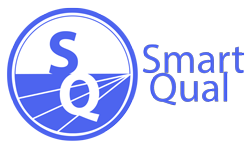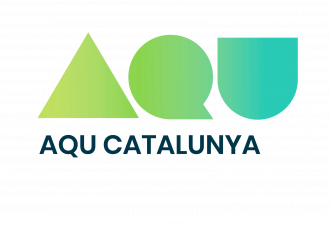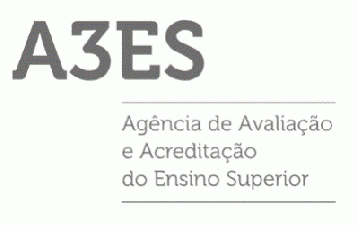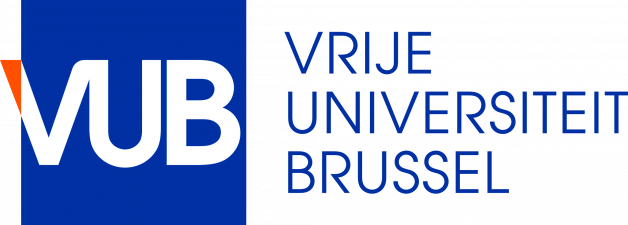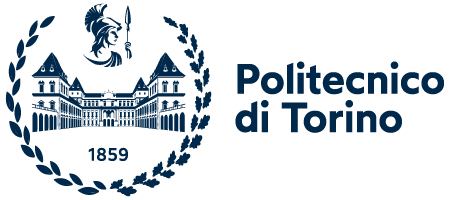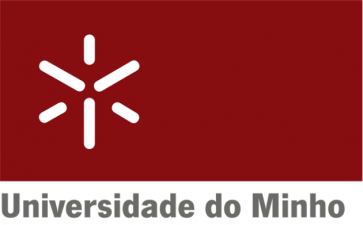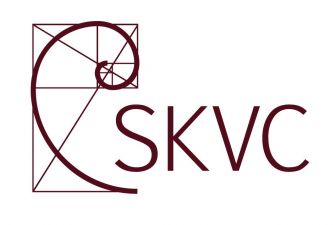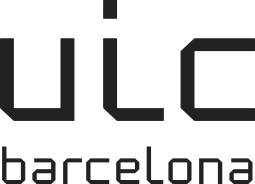Main Page
|
|
Specific objectives of the project are:
Design of a set of quality indicators to implement an efficient and effective internal QM system. The set of indicators will be the basis for the monitoring, assessment and improvement of the HEIs main processes (teaching and learning; research; and relations with the society). Alignment of the designed quality indicators in a structured catalogue, according to the three main levels of decision making (strategic, tactical and operational).
Higher education quality management systems (QMS) are often criticised for being too-process oriented, box-ticking and insufficiently focused on consequential and generalizable outcomes. One of the reasons underlying these critics relies on the fact that QMS tend to rely on a large quantity of quality indicators, which makes their accuracy and timely analysis difficult, and consequently undermine their adequate use for decision-making at different levels (strategic, tactical, or operational). In this context, the main objective of the SMART-QUAL project is to support higher education institutions (HEIs) in the implementation of effective internal QMS, by designing a set of quality indicators to support them. The indicators will be aligned in a structured catalogue according to the three main levels of decision making (strategic, tactical, and operational). The quality indicators to be designed are meant to be applied by the institutions within their QMS and, as such, contribute to improve in the short and long term these systems (making them more efficient and effective). In order to arrive at the planned structured catalogue of quality indicators, the SMART-QUAL project intends, in a first phase, to develop a Quality Indicators Scoreboard and a Smart-Qual Wiki (IO1). Step 1 of this first phase was the establishment of the state of the art of the QMS of higher education institutions across Europe (IO1.A1 - State of the art of the quality management system of higher education institutions). To do so, information was gathered on the current situation of QMS in 36 HEIs spread over 5 European countries (Portugal, Spain, Belgium, Lithuania and Italy), with particular emphasis being given to the quality indicators used in these systems. A template was designed to frame the data collection, which was then used by all the SMART-QUAL partners in their empirical work. This work included desk research (analysis of different institutional documents, such as quality manuals, strategic plans and activities plans, as well as the institutions’ websites), combined with formal and informal contacts with the institutions included in the sample. The project plan will consist of several phases:
- Create a harmonized list of quality indicators to be used in IQMS.
- Quality Indicators Scoreboard (QIS), a structured and organized catalogue.
- Guidelines to support the QIS practical implementation in HEIs.
- Quality assurance agencies acknowledgement and recognition of the proposed quality indicators and the QIS.
- Raise awareness on the harmonized indicators among the members of HEIs governance and management boards all over Europe.
- Development of an extended network of HEIs and stakeholders willing to implement the quality indicators and the QIS.
